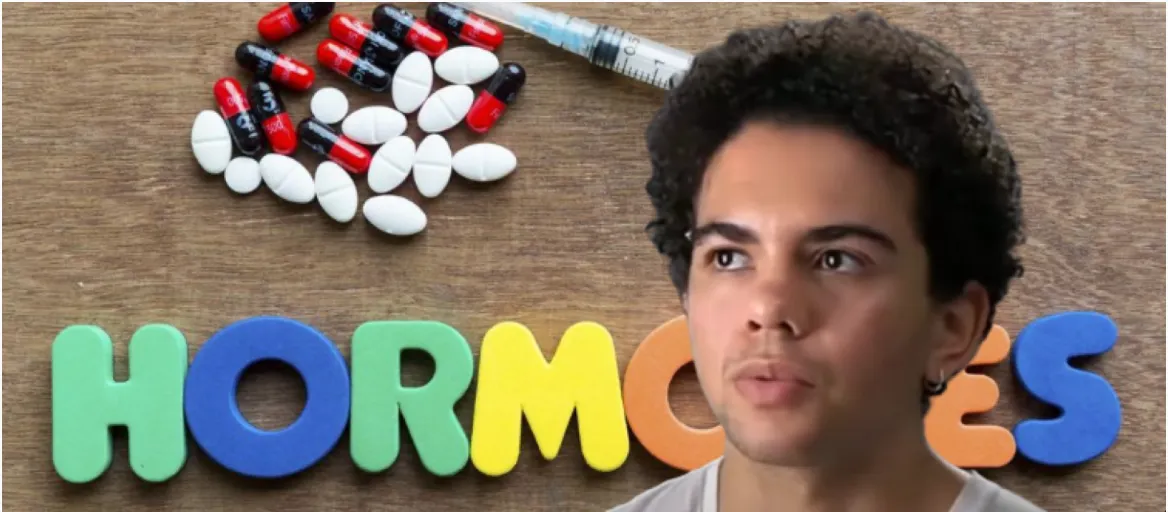Table of Contents
Rachael Wong
mercatornet.com
Rachael Wong is the CEO of Women’s Forum Australia and an Adjunct Lecturer in the School of Law at the University of Notre Dame Australia. She has a particular interest in the crossover between law, ethics, health care, human rights and women’s issues.
If you haven’t heard the name Keira Bell by now, you should have.
As a teenager, Keira was diagnosed with gender dysphoria and referred to the Tavistock Clinic, which runs the UK’s only youth Gender Identity Development Service. She was prescribed puberty blockers at age 16 and a year later was receiving testosterone shots. At age 20 she had a double mastectomy.
The clinic operates under the “gender affirmative care” model which affirms its young patients’ desires to transition, often without delving deeper into the complex problems that may have contributed to their gender dysphoria in the first place, such as trauma, a history of sexual abuse and other psychological issues.
Keira, who had a troubled upbringing (including family dysfunction and mental health issues), came to regret her “transition” to male, realising that her “gender dysphoria was a symptom of [her] overall misery, not its cause.” She says:
“By the time I got to the Tavistock, I was adamant that I needed to transition. It was the kind of brash assertion that’s typical of teenagers. What was really going on was that I was a girl insecure in my body who had experienced parental abandonment, felt alienated from my peers, suffered from anxiety and depression, and struggled with my sexual orientation.”
Five years after she began to “transition”, Keira began the process of detransitioning. She says the consequences of what happened to her as a result of the “treatment” she received at Tavistock have been “profound”, including “possible infertility, the loss of [her] breasts and inability to breastfeed, atrophied genitals, a permanently changed voice, facial hair”.
Last year, Keira brought a case against Tavistock arguing that the clinic should have challenged her more on her decision to transition and that it had failed in its duty of care to protect young patients who sought its services.
The High Court ruled unanimously in her favour, expressing serious doubts that patients under 16 years could understand the long-term risks and consequences of being treated with puberty blockers and thus have the capacity to give informed consent.
“There is no age-appropriate way to explain to many of these children what losing their fertility or full sexual function may mean to them in later years,” the judges wrote.
In its ruling, the Court noted the lack of evidence for putting children as young as 10 years old on puberty blockers and expressed surprise at Tavistock’s failure to gather basic data on its patients, as well as the lack of follow up data, given “the experimental nature of the treatment and the profound impact that it has”. The Court also noted the dramatic rise in girls seeking treatment for gender dysphoria, for which Tavistock did not put forward “any clinical explanation”.
During the course of the High Court case, the NHS changed its advice that puberty blockers are “fully reversible”, acknowledging “that ‘little is known about the long-term side-effects’ on a teenager’s body or brain”.
Tavistock appealed the decision earlier this year and last week the Court of Appeal overruled the High Court’s decision holding that it is the role of clinicians not judges to determine whether under-16s can give consent to puberty blockers, in line with the established approach to other kinds of medical treatment.
Transgender activist Debbie Hayton has said that if the decision is allowed to stand, it will be “a monumental abrogation of our responsibility to children”. Debbie transitioned from male to female as an adult, but says:
“…can children ever understand the consequences of puberty blockers and cross-sex hormones before they know what it means to be an adult? I don’t think they can. The consequences for them are so much more profound than for people who transition in middle age. We have already achieved mental and psychological maturity; in many cases, we have had children of our own — and as many as we want.”
Keira is seeking permission to appeal the ruling to the Supreme Court saying in a statement that she is “disappointed” with the court’s decision, especially given “it did not grapple with the significant risk of harm that children are exposed to by being given powerful experimental drugs”.
She says she has “no regrets” in bringing the case as “it has shone a light into the dark corners of a medical scandal that is harming children and harmed me” and “has acted as a catalyst for change”.
“There is more to be done. It is a fantasy and deeply concerning that any doctor could believe a 10-year-old could consent to the loss of their fertility.”
In her story told online earlier this year, Keira spoke about how she will “continue to be an activist on behalf of this cause”, to “help protect other kids from taking a mistaken path”.
“I am focused on what is best for distressed young people. A lot of girls are transitioning because they’re in pain, whether it’s from mental-health disorders, or life trauma, or other reasons. I know what it’s like to get caught up in dreaming that transitioning will fix all of this.”
Keira is just one of many detransitioners starting to speak out about how the medical profession has failed them, many of them young women.
There must be a better approach by medical professionals to patients struggling with gender dysphoria, which addresses the underlying issues that may be at the root of their identity struggles, rather than putting them on a one-way track to transitioning.
The courts must also recognise that puberty blockers and other ‘gender affirming’ treatments are not like any other medical treatments in terms of the magnitude of their implications and irreversible nature. Even better, would be the recognition that they are not “medical treatments” at all, but rather highly problematic medical experiments on some of our society’s most vulnerable young people.
This article has been republished with permission from Women’s Forum Australia.
Please share this article so that others can discover The BFD.









